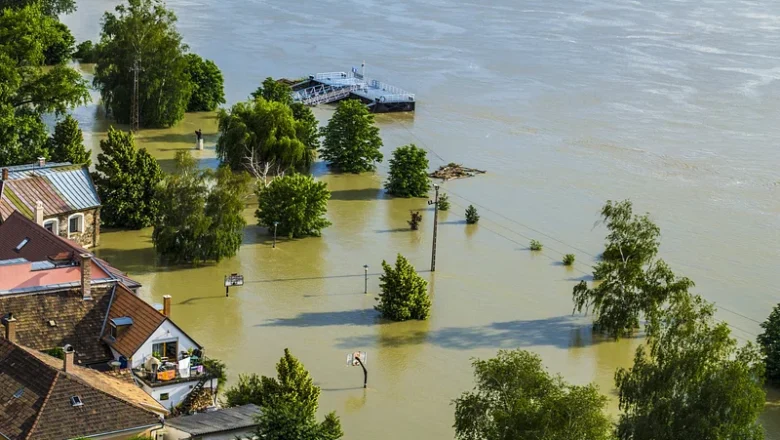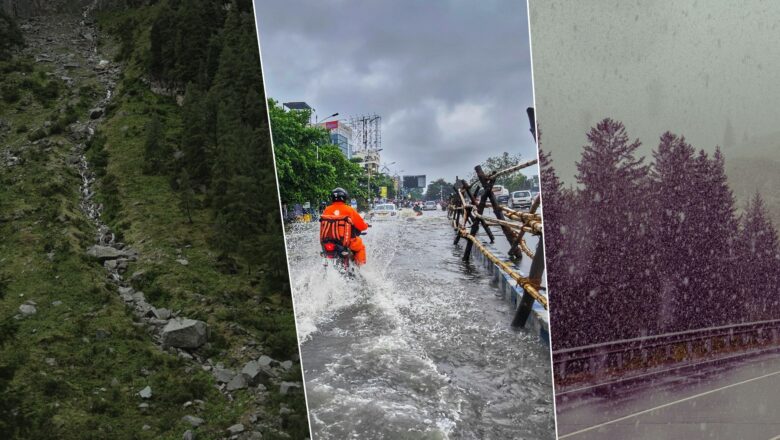
A Greener Ghee: Researcher Patents Bioplastic from Dairy Waste
VISAKHAPATNAM – Dr. Rasheeda Khanam, a faculty member at Gitam Deemed to be University, has been granted a patent for an innovative, eco-friendly bioplastic derived from a common dairy industry byproduct: ghee residue. This dark, mass-like substance, typically discarded by dairies, has no practical use and is often dumped in agricultural fields. Dr. Khanam's research transforms this waste into a sustainable alternative to conventional plastic, suitable for various applications.
The patented bioplastic is made by blending a ghee residue extract with glycerol to provide flexibility. To enhance its durability and water resistance, she incorporates natural, hydrophobic compounds like beeswax, chitin, and zein protein. The resulting material is a biodegradable and non-toxic film that can be ...









